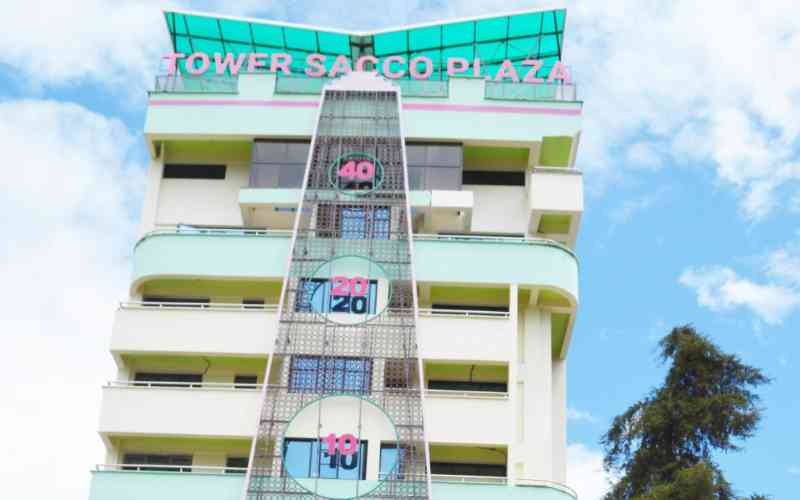×
The Standard e-Paper
Kenya’s Boldest Voice

I recently visited a friend within Tatu City and was amazed by the beauty, serenity and the organisation that permeates the entire project.
The transformation of a former coffee plantation into a world class estate is nothing short of a miracle.







